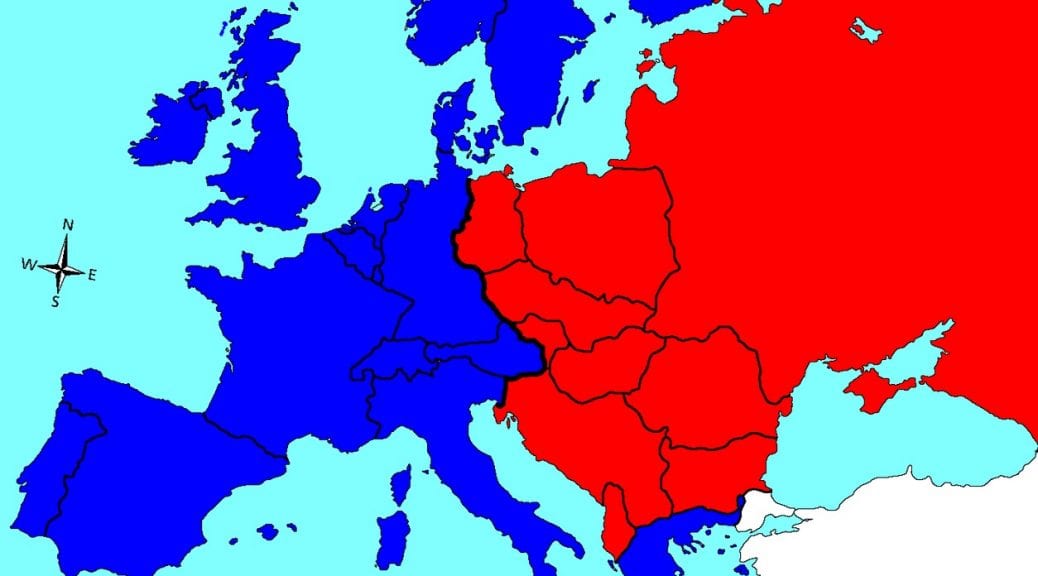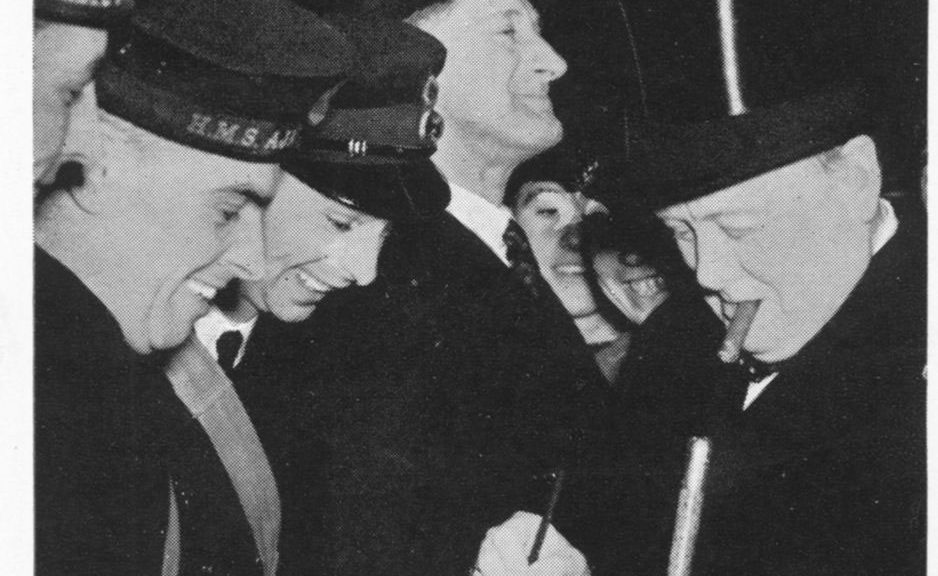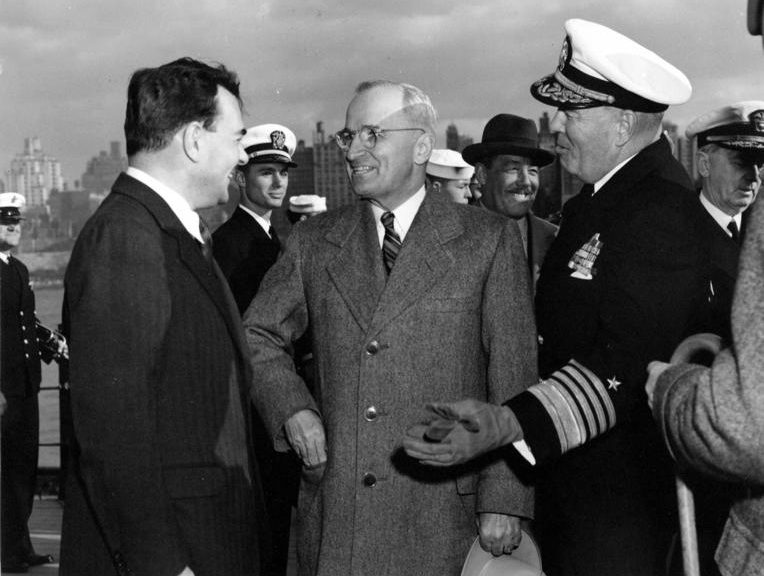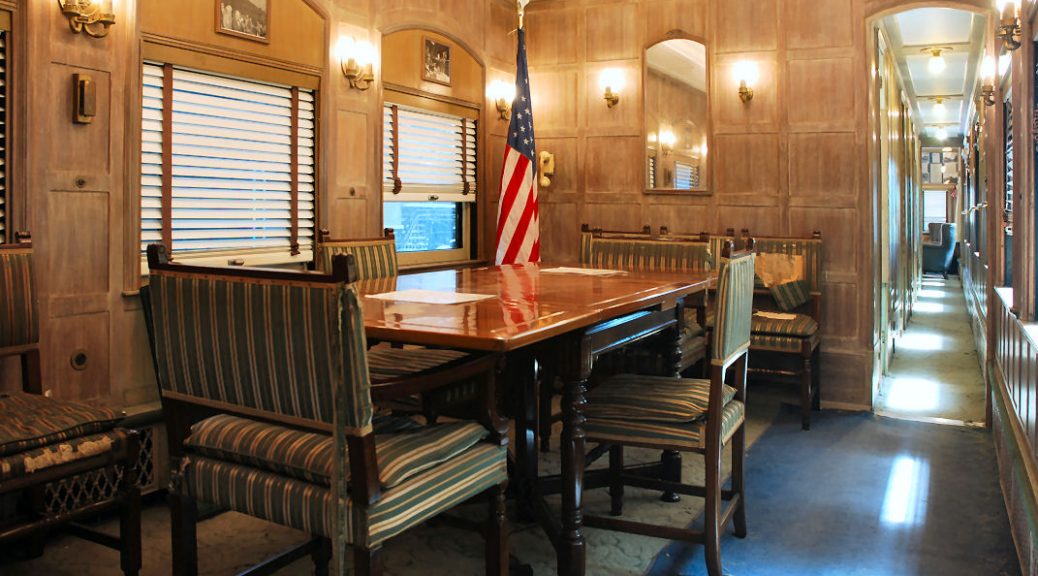
Iron Curtain 75 Years On: Churchill on the Fulton Flak
The 75th Anniversary of Winston Churchill’s “Iron Curtain” speech at Fulton, Missouri, was celebrated this week with due ceremony. One need look no further than his leading recent biographer Andrew Roberts for an eminently readable account of the speech and its aftermath in the Daily Express.
Readers interested in further details may wish to watch or read three pertinent presentations, the first being the speech itself, the other two provided by the Hillsdale College Churchill Project:
Sir Winston Churchill’s Fulton Speech, “The Sinews of Peace,” Westminster College, 5 March 1946 (audio; speech begins at minute 8:40) Sir Martin Gilbert, “The Enduring Importance of the ‘Iron Curtain’ Speech,” Hillsdale College, 22 October 2004.…








